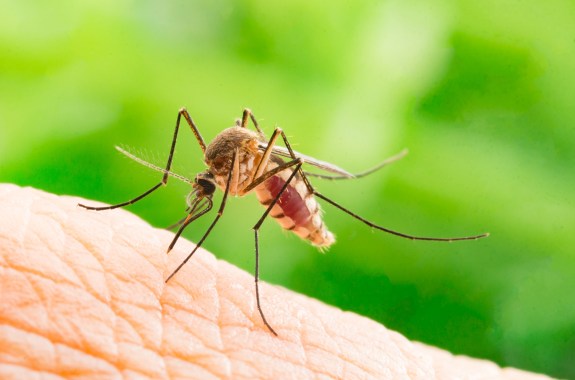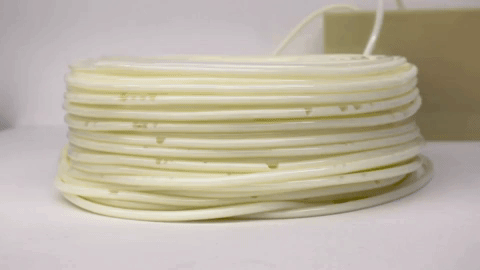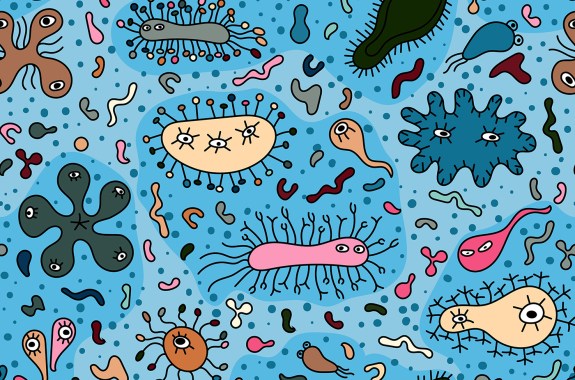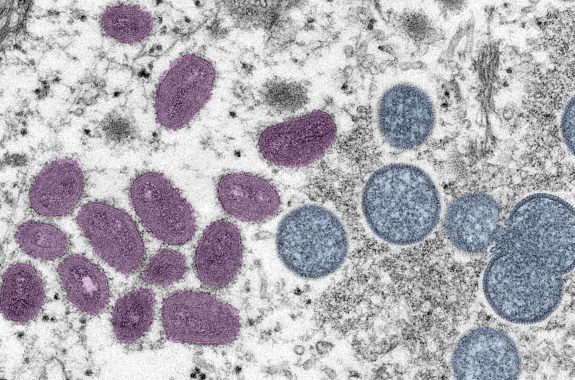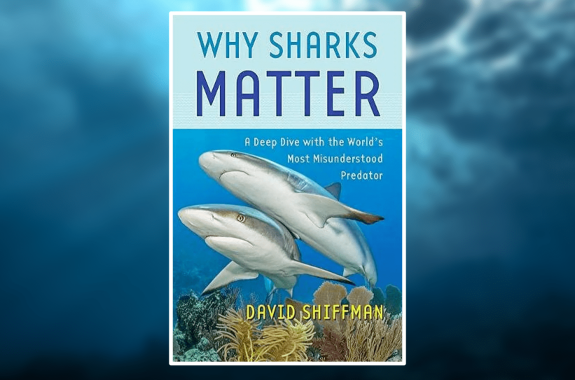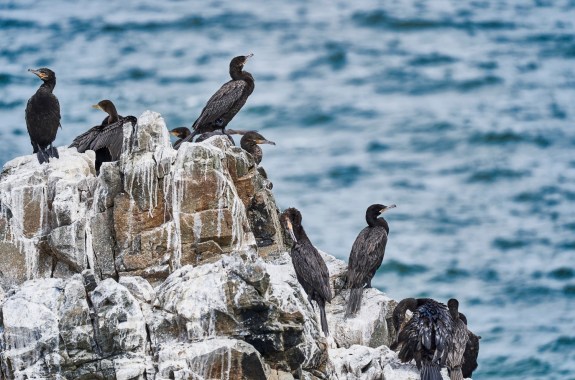6:11
Bug Off: Why Mosquitoes Have An Annoyingly Amazing Sense Of Smell
When scientists tried to mess with mosquitoes’ sense of smell, these pesky insects found another way to sniff out their next meal.
12:48
So You Think You Know About Sex
A new book, “Been There, Done That: A Rousing History of Sex,” will make you question what you thought you knew about sex.
4:43
Processing Postpartum With AI And Synthetic Breast Milk Art
Using synthetic breast milk and a 3D-printed pig uterus, artist Ani Liu processes her postpartum period—and the people that helped her through it.
12:06
20,000 Viruses Under The Sea: Mapping The Ocean’s Viral Ecosystem
A motherlode of RNA viruses collected from the ocean contains thousands of new species and vast genetic diversity.
6:54
Don’t Panic About Monkeypox Yet, Says Expert
Dr. Anne Rimoin has studied monkeypox for decades. Here’s what she had to say about this latest surge.
Breaking The Mold Of What A Scientist Looks Like
When Dr. Danielle N. Lee’s dream to become a veterinarian didn’t work out, she learned there were other ways to work with animals in science.
How Sharks’ Amazing Seven Senses Actually Work
Sharks can’t actually smell blood from a mile away. But they do have two more senses than humans, and their sense of detection is legendary.
12:04
We Need To Talk About Bird Poop
Seabird poop is a vital fertilizer for ecosystems. What happens to the health of those ecosystems as those seabirds go extinct?
12:15
Your Dog’s Breed Doesn’t Always Determine How They’ll Behave
Though some types of dogs come with a reputation, new genetic analysis finds that breed is a poor predictor of behavior.
Love Letters To The Earth
We asked you what you love and appreciate about our home. Here are photos, reflections, poems, and songs you sent back.
